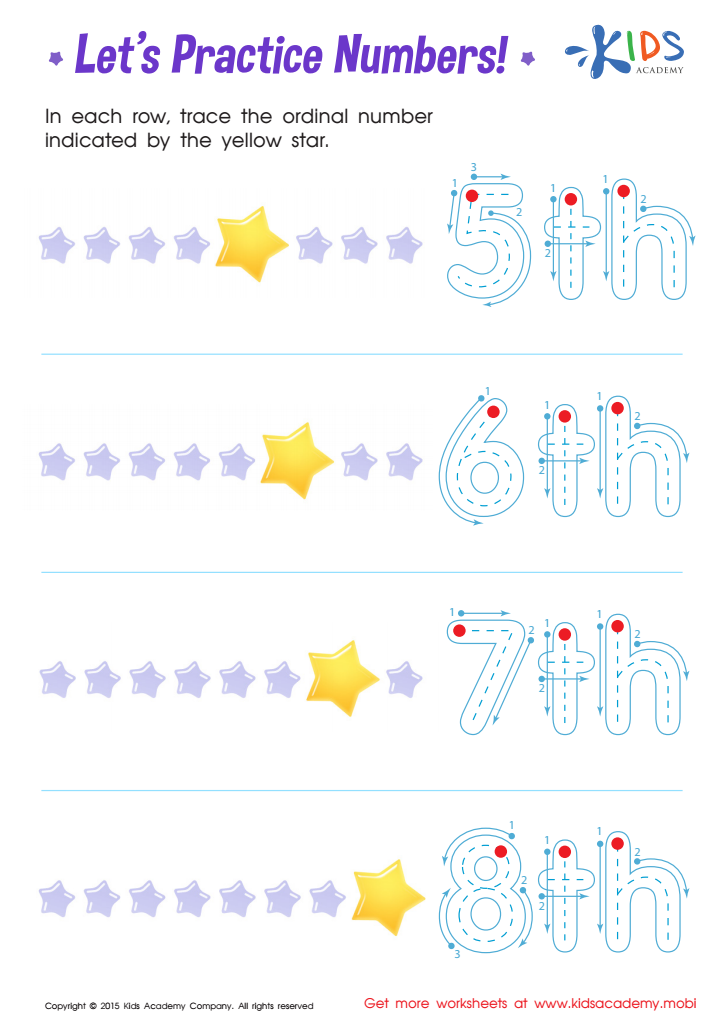Normal Tracing Numbers worksheets activities for Ages 6-7
18 filtered results
-
From - To
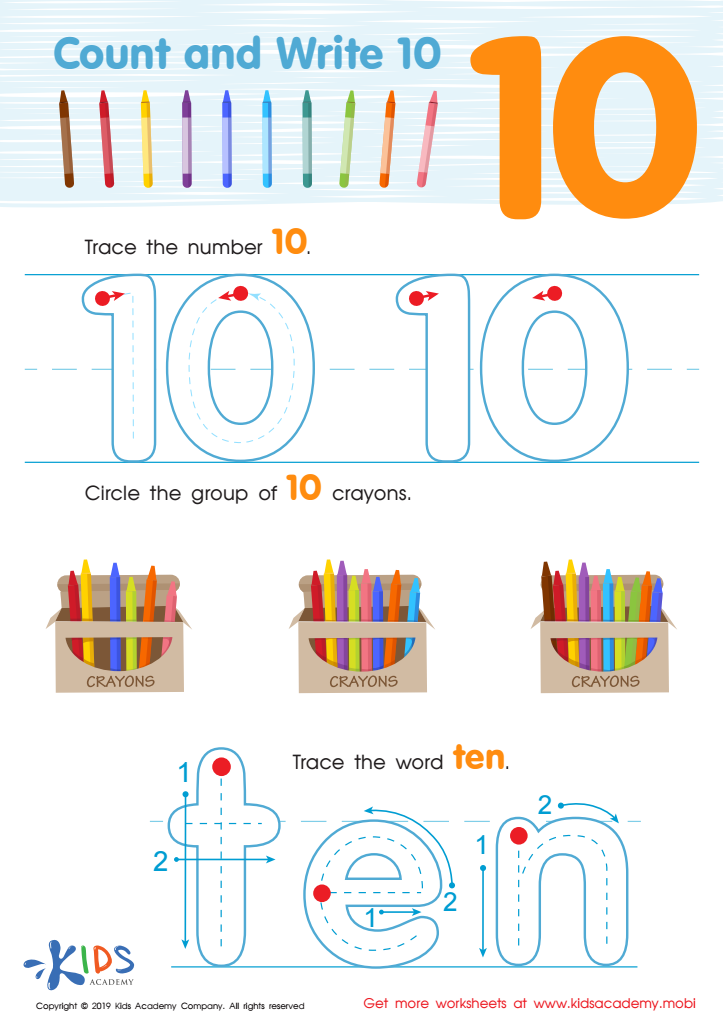

Count and Write 10 Worksheet
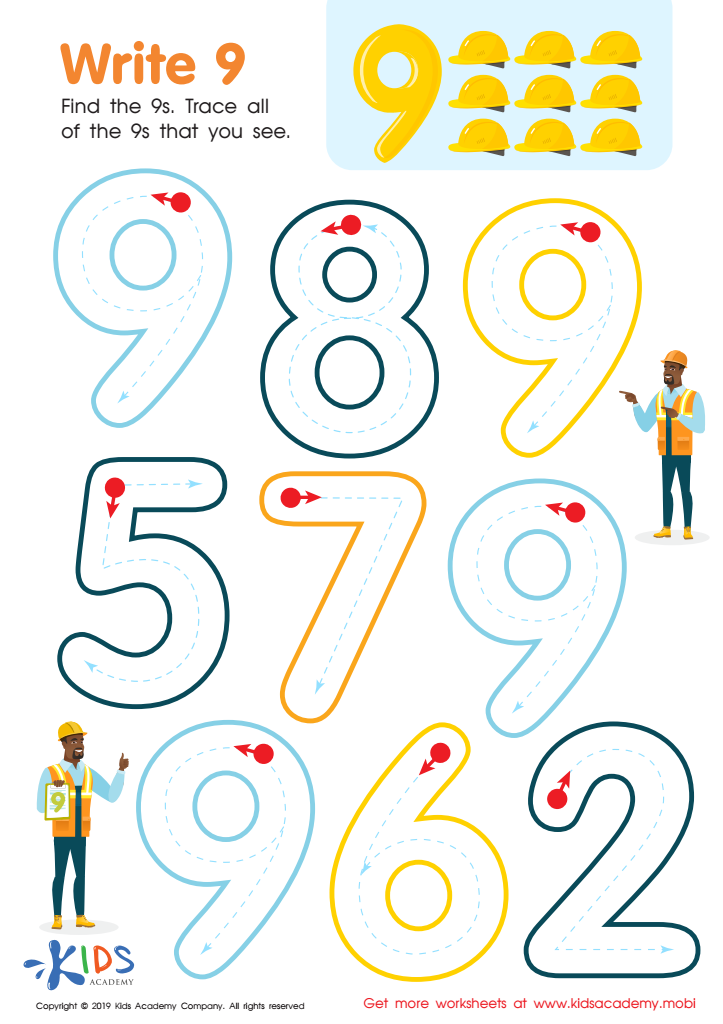

Write 9 Worksheet
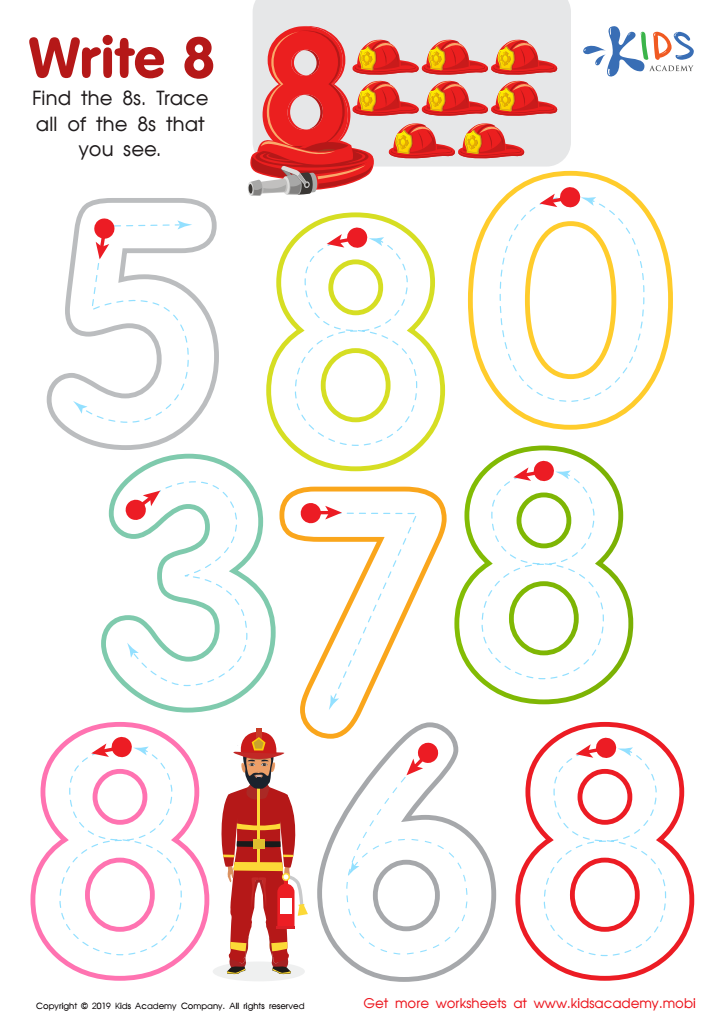

Write 8 Worksheet
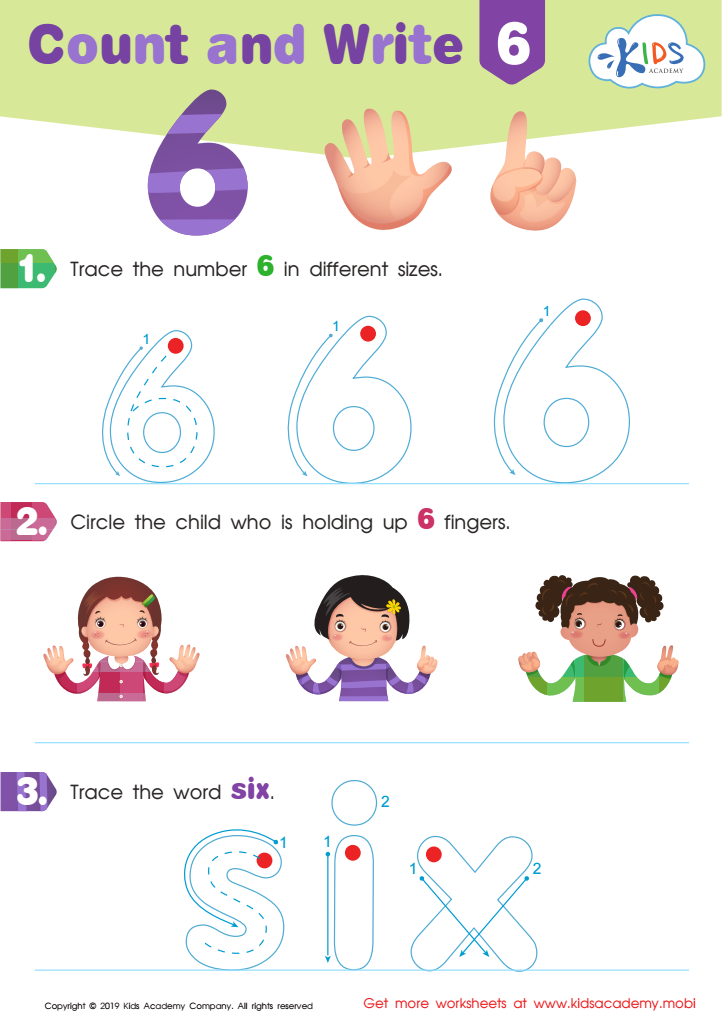

Count and Write 6 Worksheet
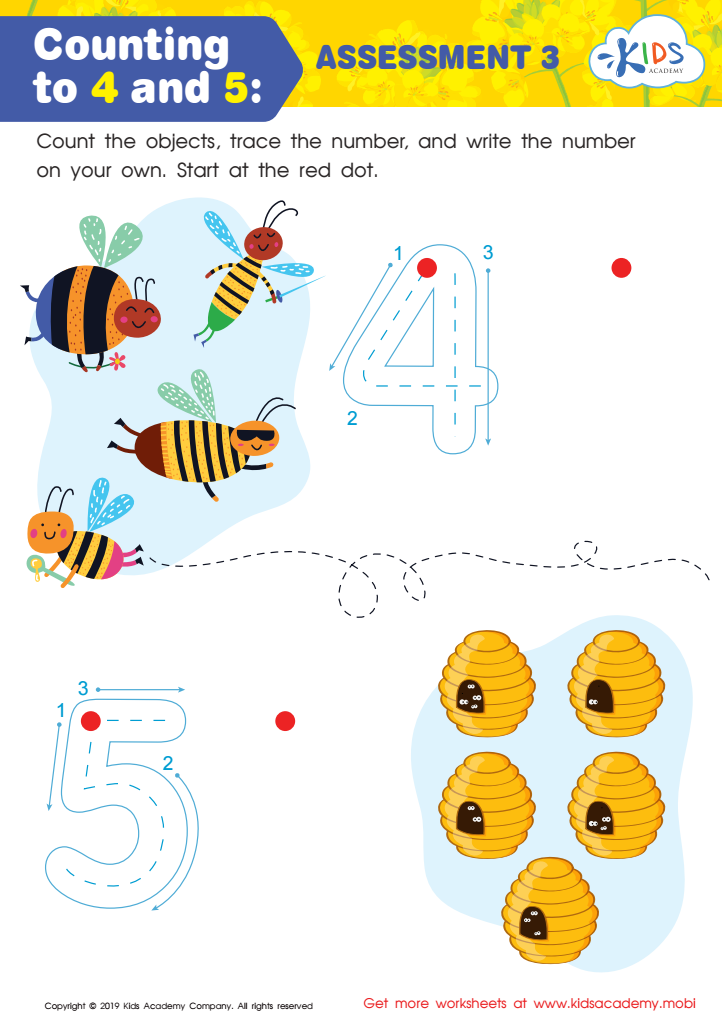

Counting to 4 and 5: Assessment 3 Worksheet


Finding 5 in the Family Worksheet
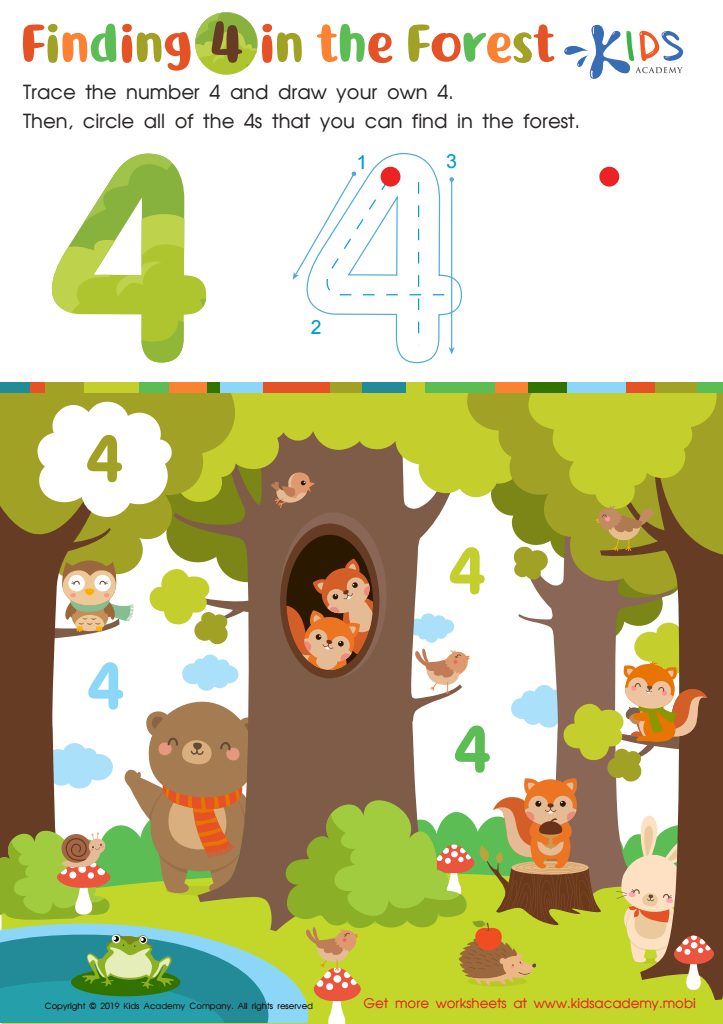

Finding 4 in the Forest Worksheet
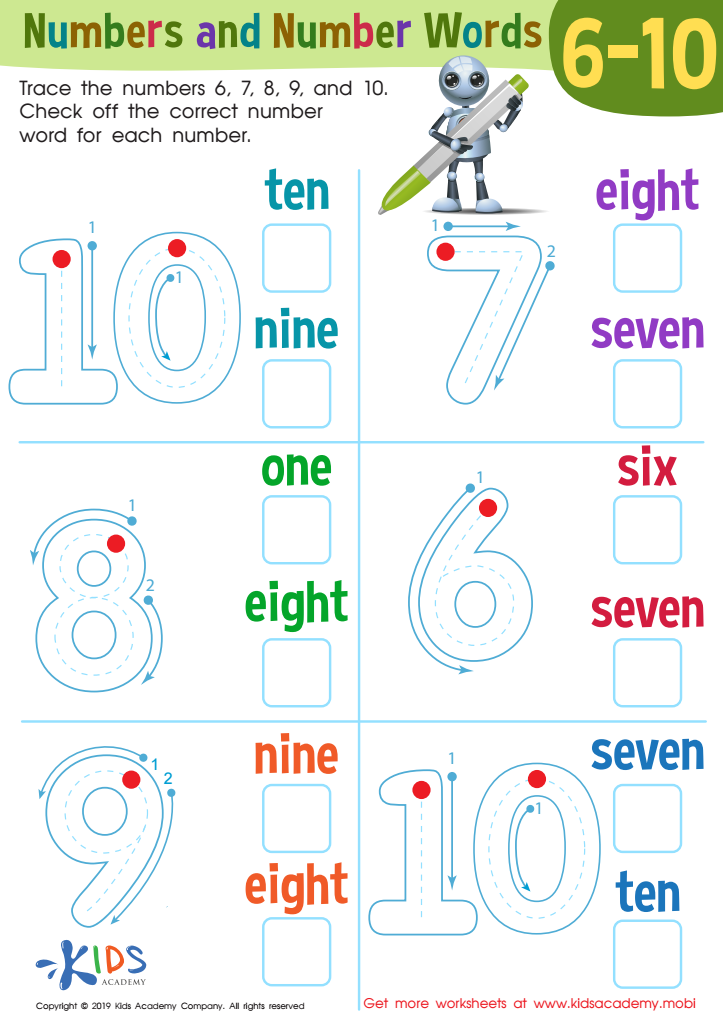

Numbers and Number Words 6–1 Worksheet
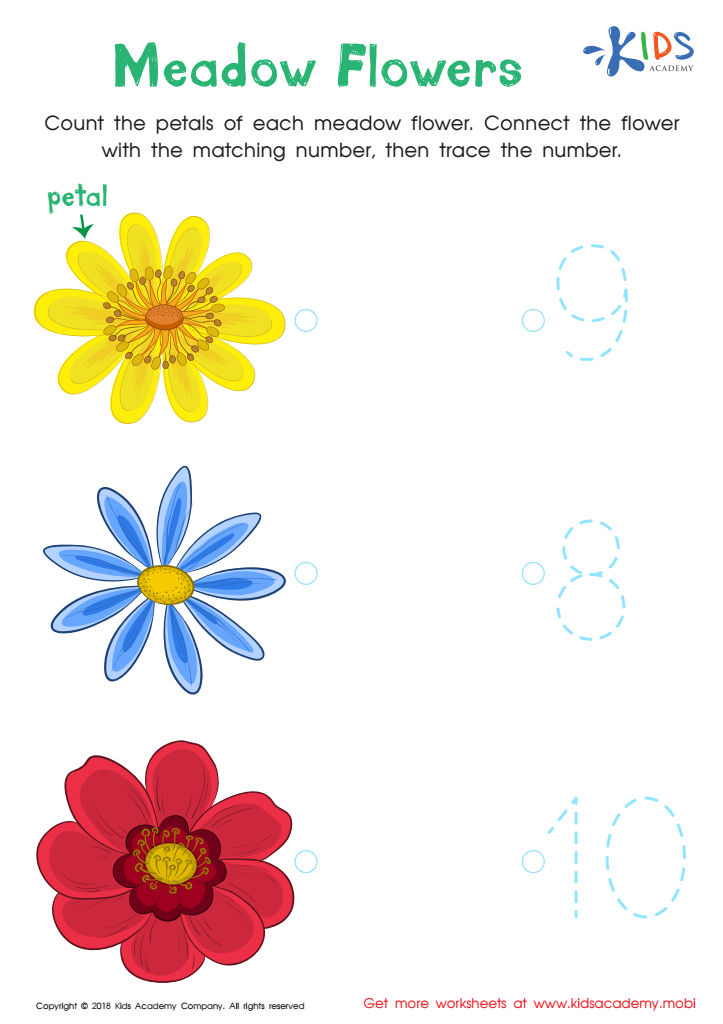

Kindergarten Number Tracing: Medow Flowers Worksheet
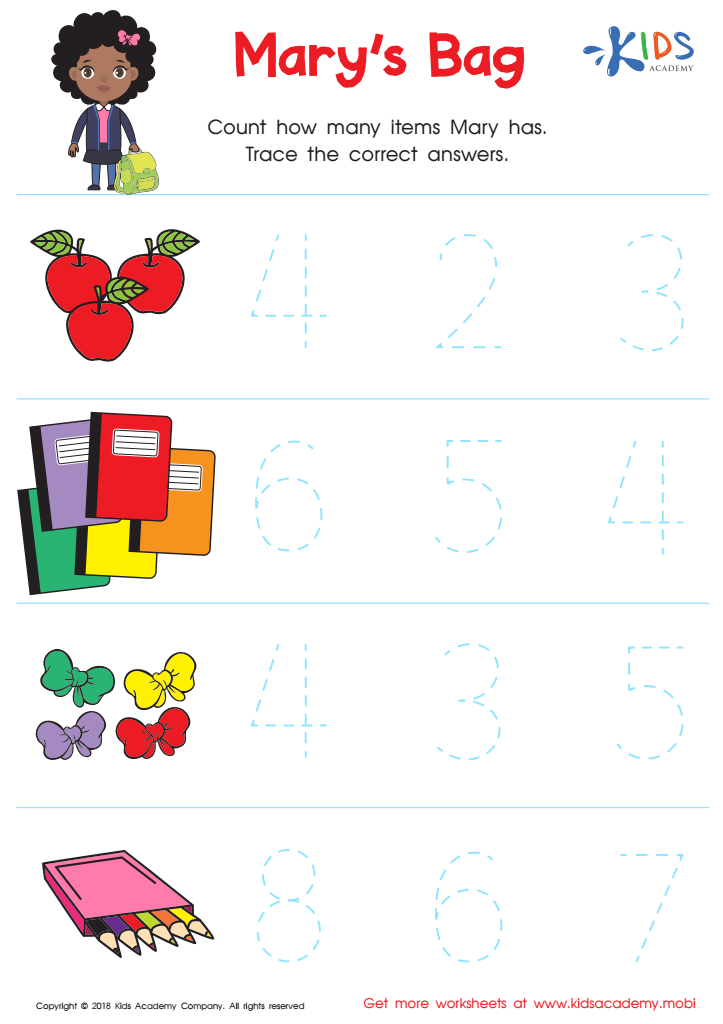

Kindergarten Number Tracing: Mary's Bag Worksheet
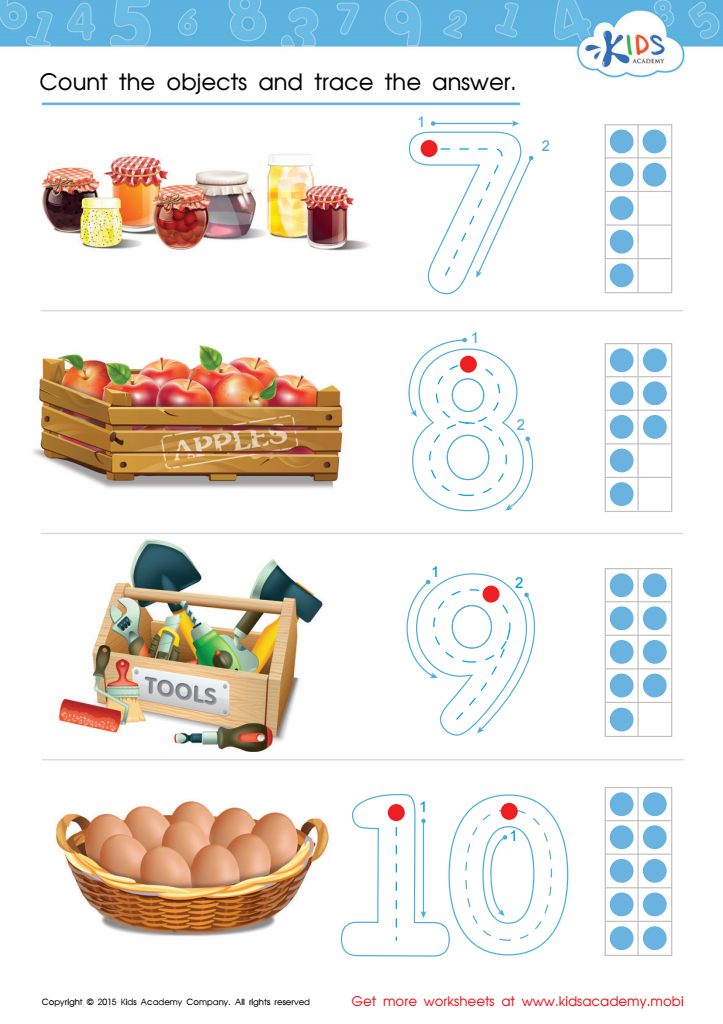

Count and Trace 7 – 10 Worksheet
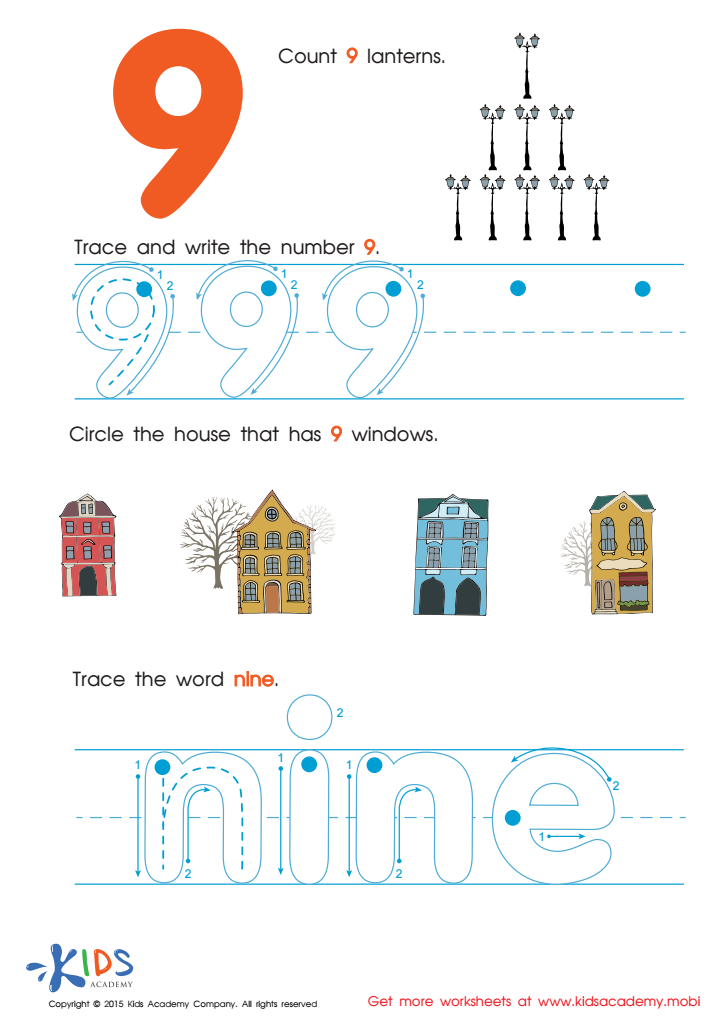

Tracing And Learning to Write Number 9 Worksheet
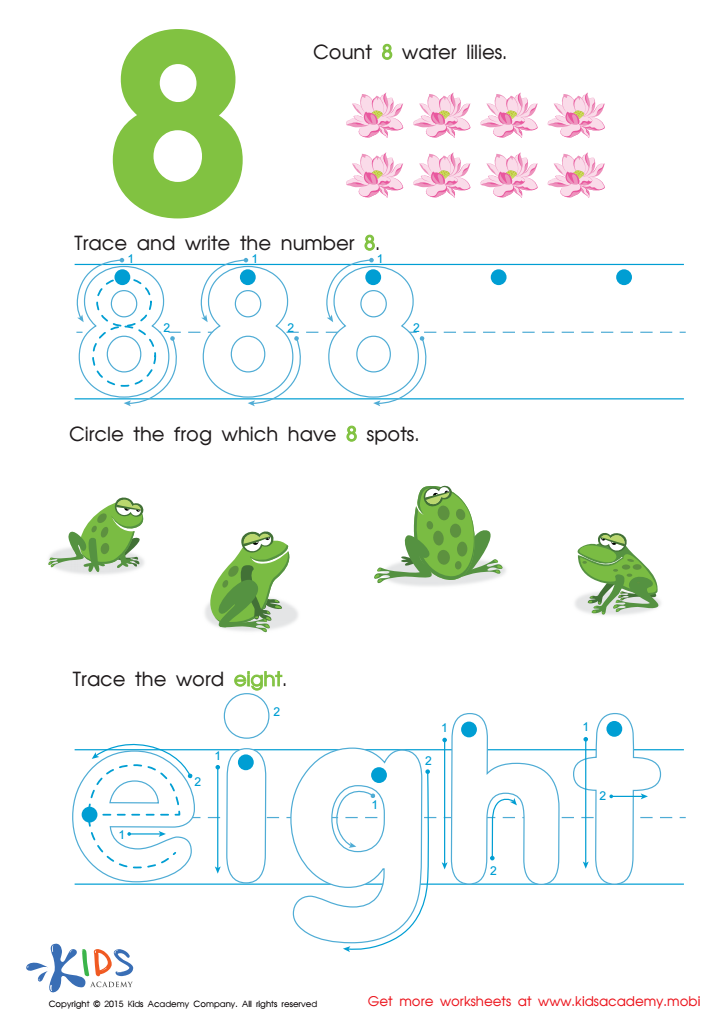

Learn Number 8 Easily Worksheet
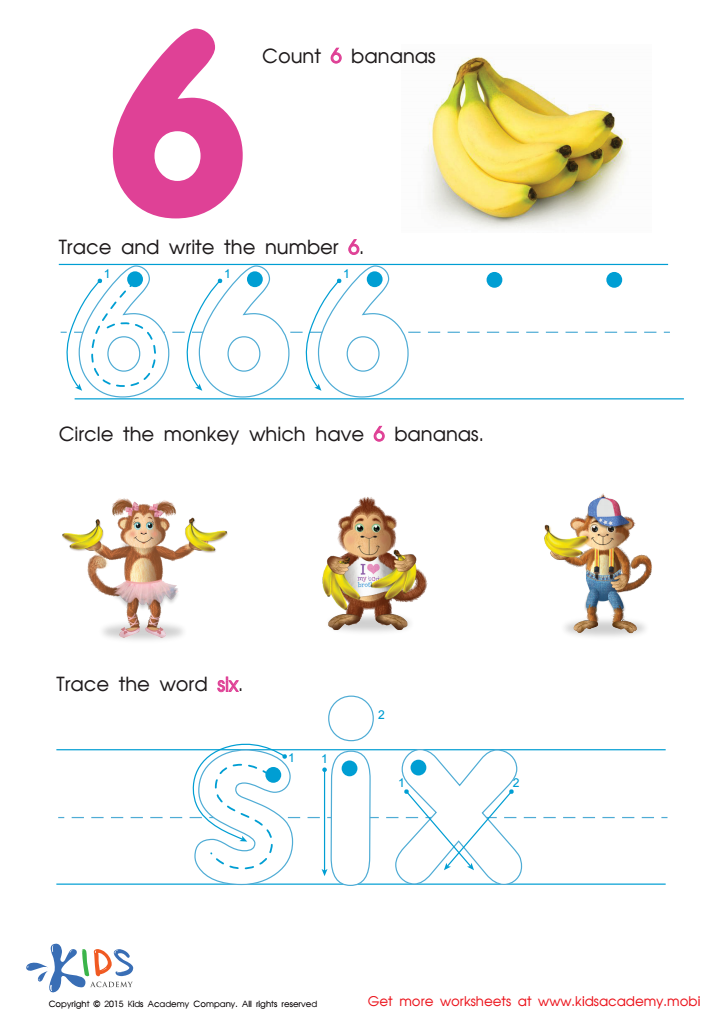

Tracing And Writing Number 6 Worksheet
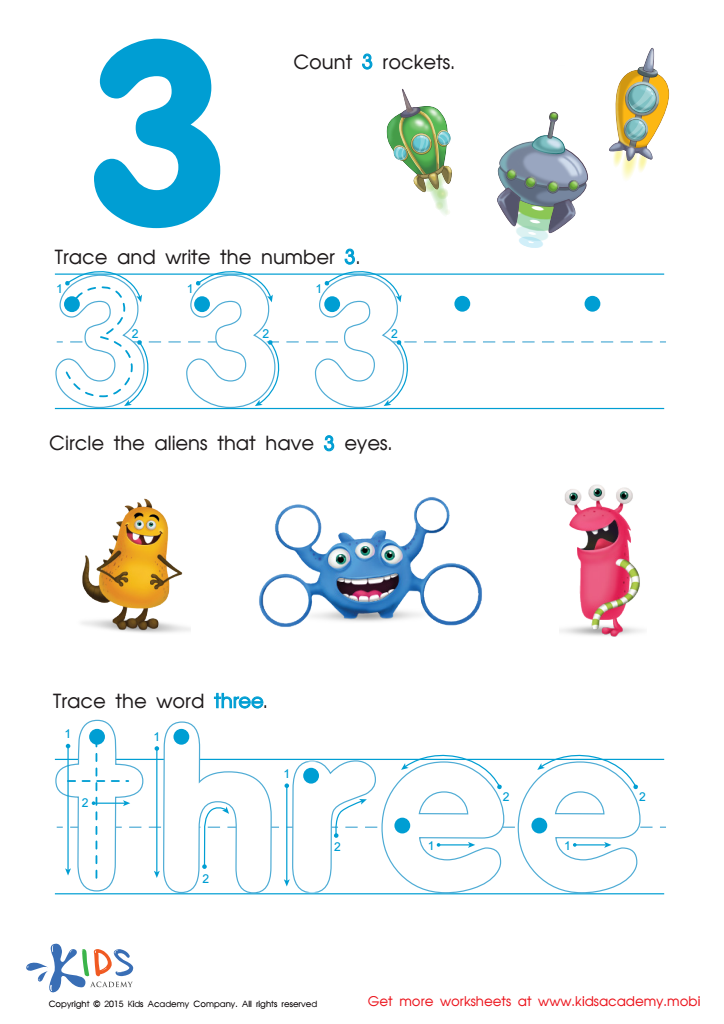

Learning Number Three Worksheet
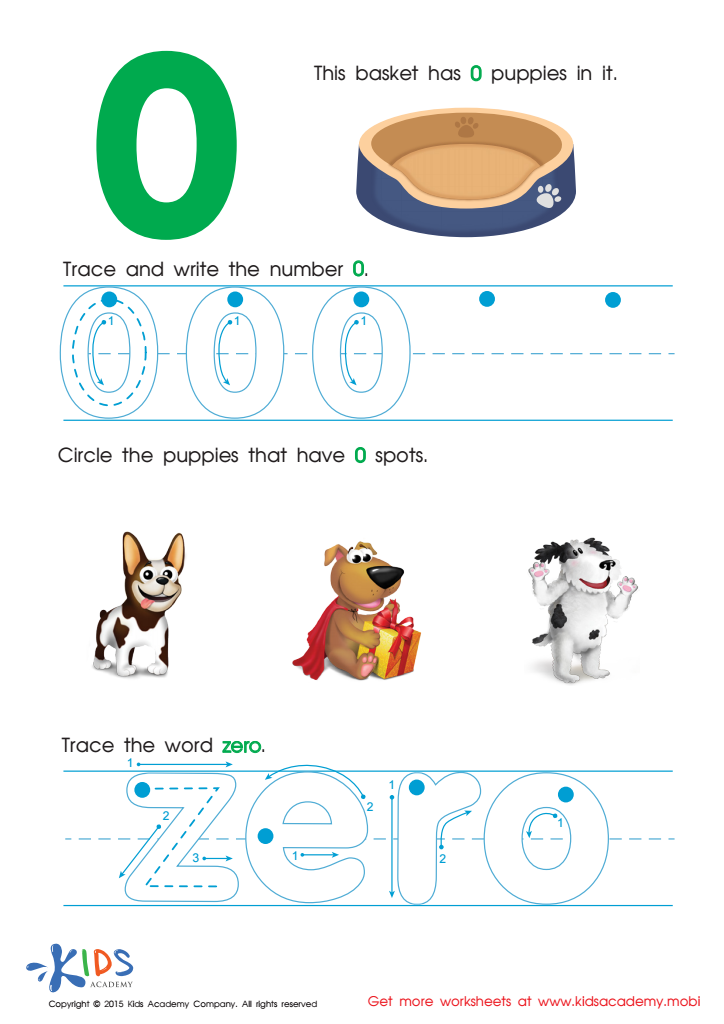

Trace And Write Number 0 Worksheet
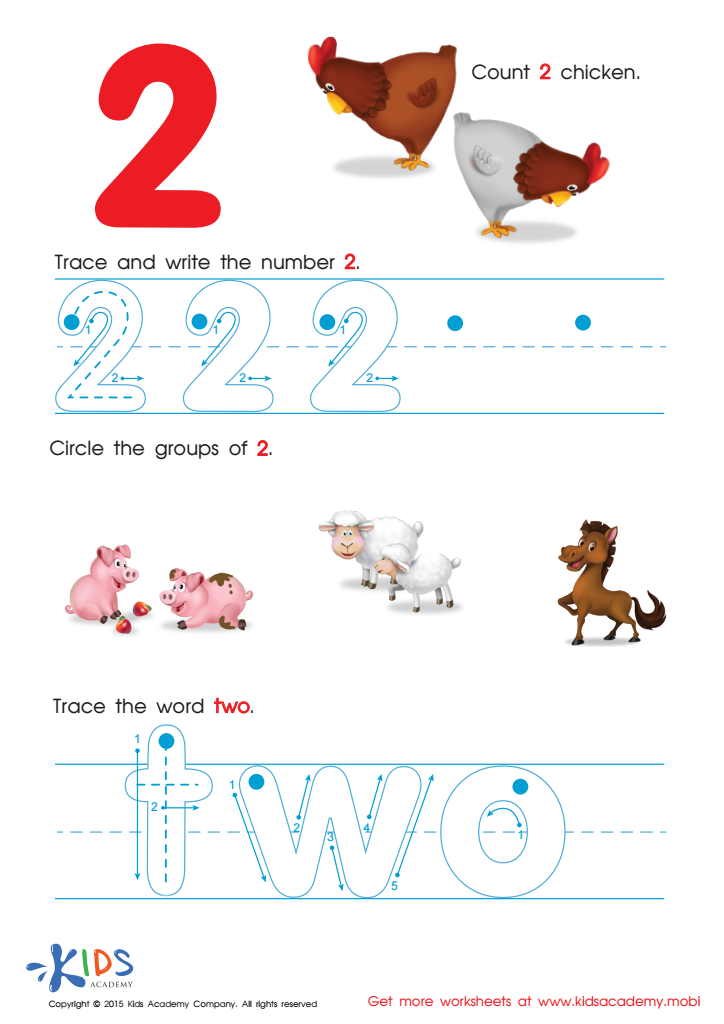

Learn to Write the Number 2 Worksheet
Normal Tracing Numbers worksheets activities are not just another set of tasks for young learners; they represent a fundamental step in the journey towards numerical literacy and fine motor skill development. In the early stages of learning, these worksheets provide a structured way for children to familiarize themselves with the shapes and forms of numbers, which is crucial for their later mathematical understanding and capabilities.
One of the core benefits of engaging in Normal Tracing Numbers worksheets activities is the enhancement of hand-eye coordination. As children follow the dotted lines to form numbers, they learn to control their hand movements, which is essential not only for writing but also for performing various daily tasks. This practice paves the way for improved writing skills, as it teaches the steadiness and precision needed to write legibly and efficiently.
Moreover, these activities serve as an excellent introduction to the concept of numbers and their order. By repeatedly tracing numbers, children reinforce their recognition and memorization of numerical symbols, laying a solid foundation for more advanced mathematical concepts. This repetitive practice is vital for embedding these symbols in their long-term memory, making future learning processes smoother and more intuitive.
Additionally, Normal Tracing Numbers worksheets activities can significantly boost a child’s confidence. The sense of achievement they get from successfully completing these worksheets fosters a positive attitude towards learning. This confidence is crucial for their academic journey, as it encourages them to tackle more challenging tasks with enthusiasm and persistence.
Lastly, these worksheets offer a versatile learning tool that caters to various learning styles. Whether a child is a visual, auditory, or kinesthetic learner, tracing numbers provides a tangible and interactive experience that can enhance their engagement and retention of information.
In conclusion, Normal Tracing Numbers worksheets activities are invaluable for early learners. They not only support the development of fine motor skills and numerical recognition but also lay the groundwork for a lifelong journey of learning and discovery.

 Assign to My Students
Assign to My Students
